Duration : 01 or 02 Days
Course Overview:
Interpersonal skills help people communicate and relate to each other. When we refer to people skills or soft skills, we are referring to Interpersonal skills. An efficient interpersonal communication sets the groundwork for an efficient organization. Interpersonal skills are the traits and manners we demonstrate while interacting with other individuals.
Strong interpersonal skills include the capability to collaborate with colleagues to solve difficult problems and establish a good working relationship within the office. This is the key indicator of a successful working environment.
If individuals do not inherit the proper interpersonal or people skills or lack the training of these skills, it might lead to differences between colleagues or managers. Interpersonal communication is the process where information, opinions, and emotions are exchanged between people through various verbal or non-verbal techniques.
How does Interpersonal Communication and People Skills help you? Great interpersonal skills will empower you to negotiate and work with different kinds of people, co-workers, managers, and clients.
Course Objective:
By the end of the course, participants will be able to:
⦁ Liaise and network with internal and external stakeholders
⦁ Devise and apply a strategy to establish constructive relationships with managers
⦁ Identify and minimize personal conflict in a unit
⦁ Devise and apply a strategy to establish constructive relationships with team members in a unit
Target Audience:
This program is designed for those individuals looking to enhance their efficiency and success by developing value working relationships to expand collaboration with colleagues, managers, clients, vendors, and other business stakeholders by developing their People communication skills.
Course Outline:
Module 1: Liaise and Network with Stakeholders
⦁ Identify or Create Opportunities for Networking
⦁ Establish New Contacts
⦁ Interpersonal Techniques
⦁ Implement Avenues for Communicating with Stakeholders
⦁ Effective Group Techniques
Module 2: Interpersonal skills with staff and colleagues
⦁ Giving and receiving feedback
⦁ Open and closed communication climates
⦁ Listening Skills
⦁ Communicating assertively
⦁ Demonstrating behavior that is direct, appropriate and respectful
⦁ Transactional Analysis
⦁ Showing appreciation
Module 3: Establish EFFECTIVE Relationships WITH MANAGERS
⦁ Establishing Relationships
⦁ Keep Managers Informed
⦁ Consult with Managers in a Unit
⦁ Promote Constructive Relationships and Interaction
⦁ Raise Concerns of the Quality of Work
⦁ Present Information to the Manager
Module 4: Identify and Minimize Personal Conflict
⦁ Identifying and Minimizing Personal Conflict
⦁ Promote the Orderly Resolution of Conflict
⦁ Take Actions to Resolve Potential and Actual Conflict
⦁ Refer Conflict Situations to Appropriate Managers where Required
Module 5: Develop Relationships with Team Members
⦁ Developing Relationships with Team Members
⦁ Develop a Strategy through a Consultative Process
⦁ Identify and Use Opportunities for Team Member Discussions
⦁ Offer Feedback and Advice to Team Members
⦁ Inform Team Members about Developments and Changes
Enter the text or HTML code here








